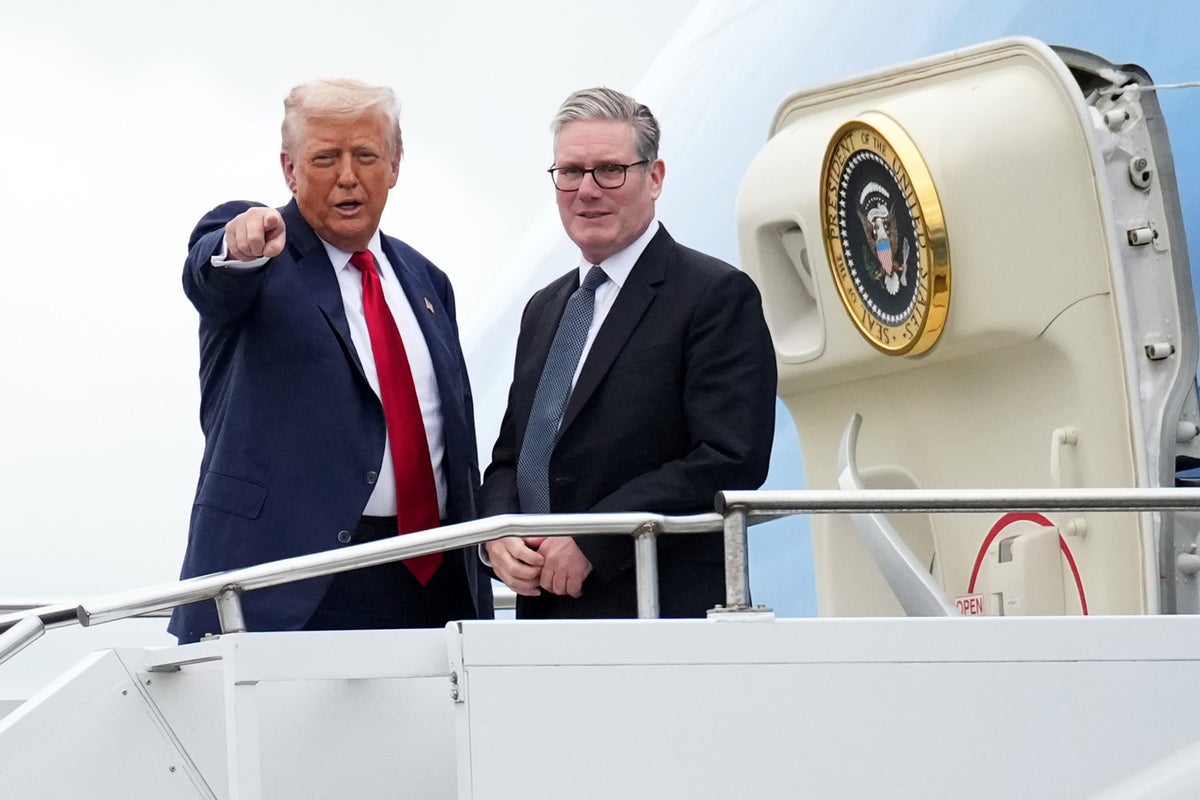India has suggested it will continue purchasing oil from Russia despite US president Donald Trump’s threats to hit Delhi with new tariffs over the imports.
Foreign ministry spokesperson Randhir Jaiswal told reporters on Friday that India’s energy decisions were based on market availability and global conditions, adding that ties with Moscow were “steady and time-tested” and should not be seen through the prism of a third country.
Mr Trump said earlier this week that he plans to impose a 25 per cent tariff on Indian goods along with an additional import tax in response to Delhi’s continued buying of Russian crude. The US president has stepped up warnings against nations doing business with Moscow as Washington seeks leverage over Russia’s war in Ukraine.
India bought about 68,000 barrels of crude oil a day from Russia in January 2022, but this rose to 1.12 million barrels per day by June that year, peaking at 2.15 million barrels a day in May 2023, according to data from analytics firm Kpler cited by Press Trust of India. Russian supplies at one point made up nearly 40 per cent of India’s total oil imports, making Moscow its biggest crude supplier.
While the Indian government may not be deterred by Mr Trump’s threats, Reuters news agency earlier reported that Indian state refiners stopped buying Russian oil after July discounts narrowed to their lowest since 2022 – when sanctions were first imposed on Moscow – due to lower Russian exports and steady demand.
Indian Oil Corp, Hindustan Petroleum Corp, Bharat Petroleum Corp and Mangalore Refinery Petrochemical Ltd have not sought Russian crude in the past week or so, four sources told Reuters.
Reacting to the reports, Mr Trump told reporters: “I understand that India is no longer going to be buying oil from Russia. That’s what I have heard. I don’t know if that’s right or not. That is a good step. We will see what happens.”
He added that despite his tariff announcement, trade deal talks with India were progressing.
India consumes around 5.5 million barrels of oil a day, importing roughly 88 per cent of its needs. The world’s third-largest crude buyer after China and the US shifted sharply towards Russian supplies after the invasion of Ukraine in February 2022, taking advantage of steep discounts as Western nations turned away from Moscow’s energy exports.




